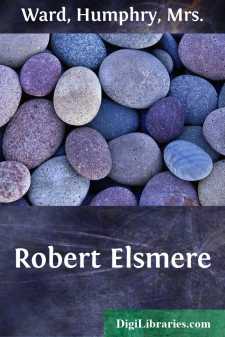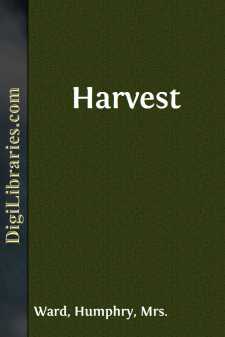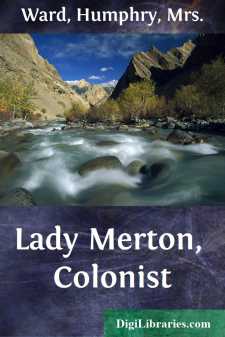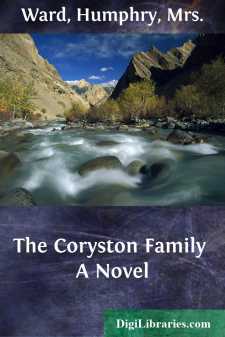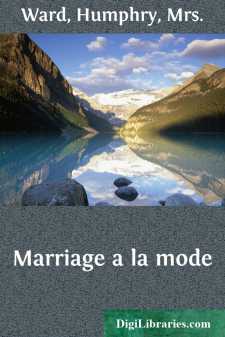Categories
- Antiques & Collectibles 13
- Architecture 36
- Art 48
- Bibles 22
- Biography & Autobiography 816
- Body, Mind & Spirit 145
- Business & Economics 28
- Children's Books 17
- Children's Fiction 14
- Computers 4
- Cooking 94
- Crafts & Hobbies 4
- Drama 346
- Education 58
- Family & Relationships 59
- Fiction 11834
- Foreign Language Study 3
- Games 19
- Gardening 17
- Health & Fitness 34
- History 1378
- House & Home 1
- Humor 147
- Juvenile Fiction 1873
- Juvenile Nonfiction 202
- Language Arts & Disciplines 89
- Law 16
- Literary Collections 686
- Literary Criticism 179
- Mathematics 13
- Medical 41
- Music 40
- Nature 179
- Non-Classifiable 1768
- Performing Arts 7
- Periodicals 1453
- Philosophy 66
- Photography 2
- Poetry 897
- Political Science 203
- Psychology 45
- Reference 154
- Religion 516
- Science 126
- Self-Help 85
- Social Science 82
- Sports & Recreation 34
- Study Aids 3
- Technology & Engineering 59
- Transportation 23
- Travel 463
- True Crime 29
Our website is made possible by displaying online advertisements to our visitors.
Please consider supporting us by disabling your ad blocker.
Robert Elsmere
by: Humphry Ward
Description:
Excerpt
CHAPTER I.
It was a brilliant afternoon toward the end of May. The spring had been unusually cold and late, and it was evident from the general aspect of the lonely Westmoreland valley of Long Whindale that warmth and sunshine had only just penetrated to its bare, green recesses, where the few scattered trees were fast rushing into their full summer dress, while at their feet, and along the bank of the stream, the flowers of March and April still lingered, as though they found it impossible to believe that their rough brother, the east wind, had at last deserted them. The narrow road, which was the only link between the farm-houses sheltered by the crags at the head of the valley, and those far away regions of town and civilization suggested by the smoke wreaths of Whinborough on the southern horizon, was lined with masses of the white heckberry or bird-cherry, and ran, an arrowy line of white through the greenness of the sloping pastures. The sides of some of the little books running down into the main river and, many of the plantations round the farms were gay with the same tree, so that the farm-houses, gray-roofed and gray-walled, standing in the hollows of the fells, seemed here and there to have been robbed of all their natural austerity of aspect, and to be masquerading in a dainty garb of white and green imposed upon them by the caprice of the spring.
During the greater part of its course the valley of Long Whindale is tame and featureless. The hills at the lower part are low and rounded, and the sheep and cattle pasture over slopes unbroken either by wood or rock. The fields are bare and close shaven by the flocks which feed on them; the walls run either perpendicularly in many places up the fells or horizontally along them, so that, save for the wooded course of the tumbling river and the bush-grown hedges of the road, the whole valley looks like a green map divided by regular lines of grayish black. But as the walker penetrates further, beyond a certain bend which the stream makes half-way from the head of the dale, the hills grow steeper, the breadth between them contracts, the enclosure lines are broken and deflected by rocks and patches of plantation, and the few farms stand more boldly and conspicuously forward, each on its spur of land, looking up to or away from the great masses of frowning crag which close in the head of the valley, and which from the moment they come into sight give it dignity and a wild beauty.
On one of these solitary houses, the afternoon sun, about to descend before very long behind the hills dividing Long Whindale from Shanmoor, was still lingering on this May afternoon we are describing, bringing out the whitewashed porch and the broad bands of white edging the windows, into relief against the gray stone of the main fabric, the gray roof overhanging it, and the group of sycamores and Scotch firs which protected it from the cold east and north. The Western light struck full on a copper beech, which made a welcome patch of warm color in front of a long gray line of outhouses standing level with the house, and touched the heckberry blossom which marked the upward course of the little lane connecting the old farm with the road; above it rose the green fell, broken here and there by jutting crags, and below it the ground sank rapidly through a piece of young hazel plantation, at this present moment a sheet of bluebells, toward the level of the river....


